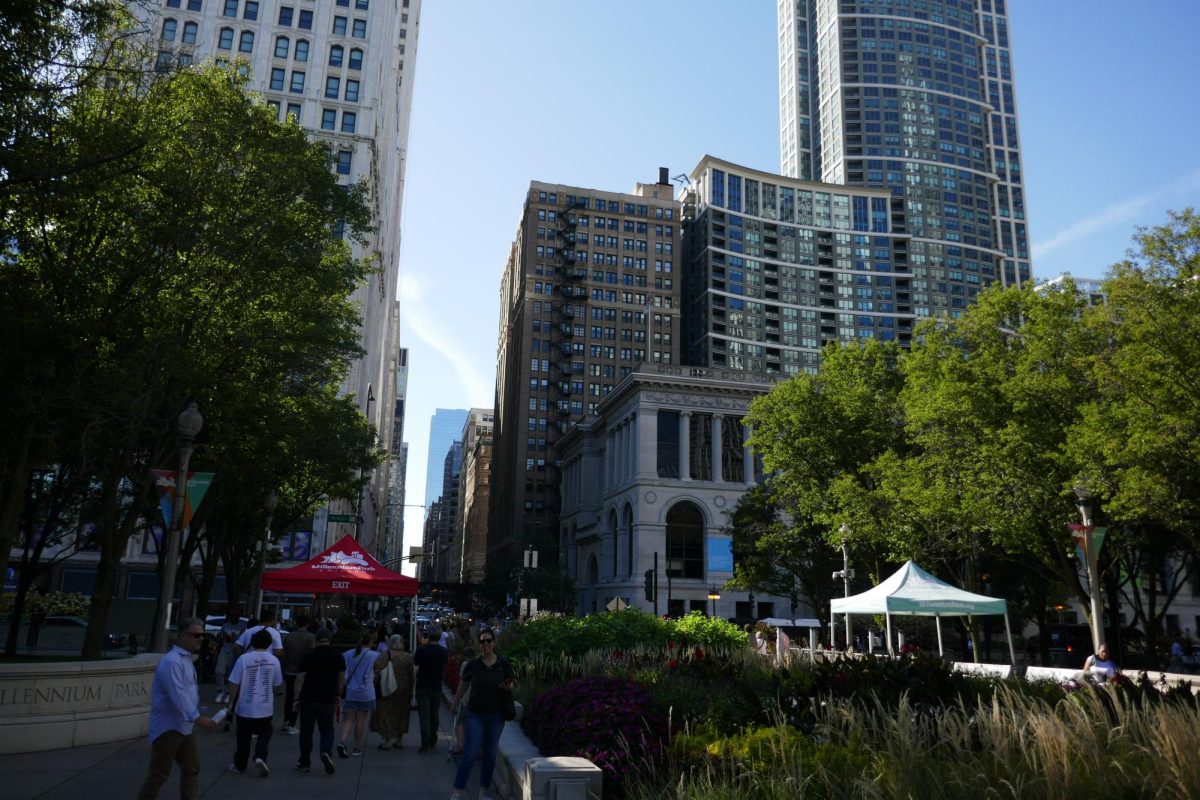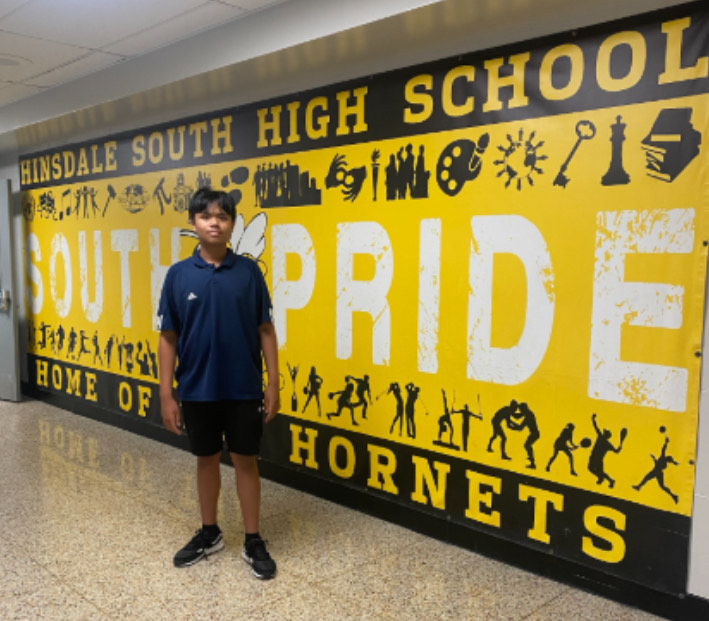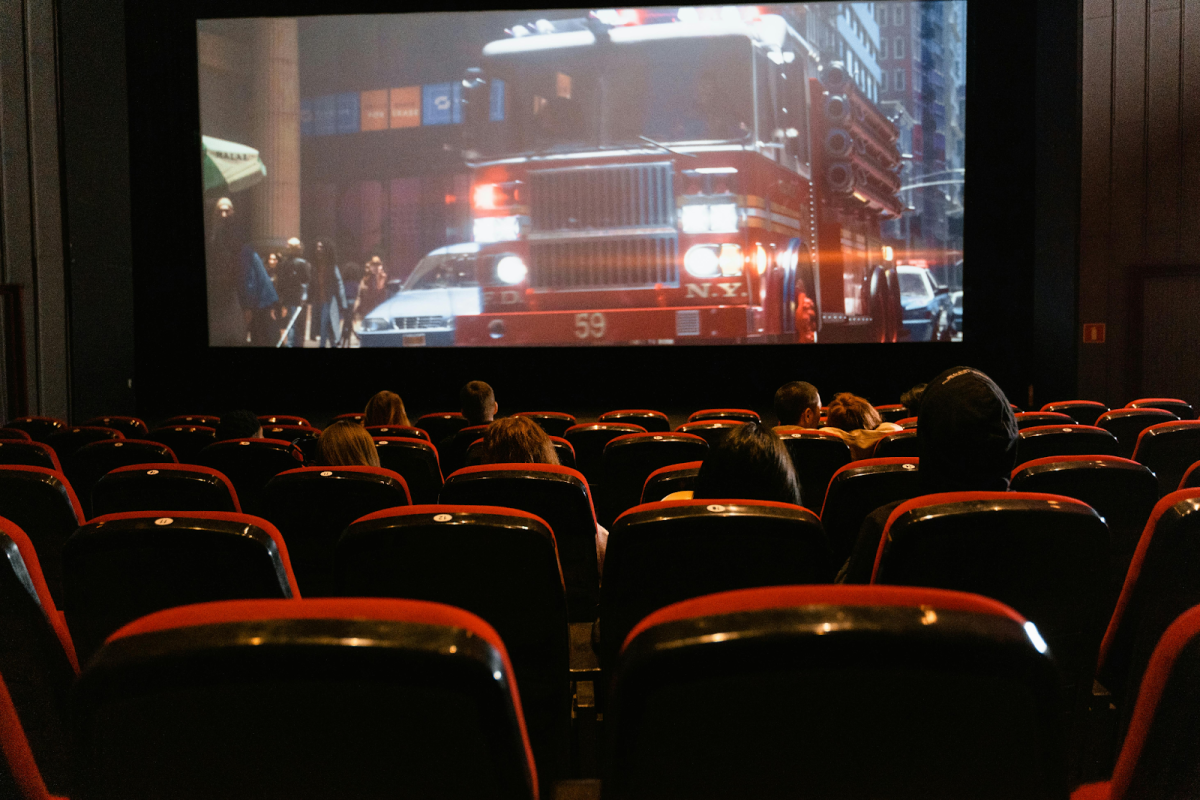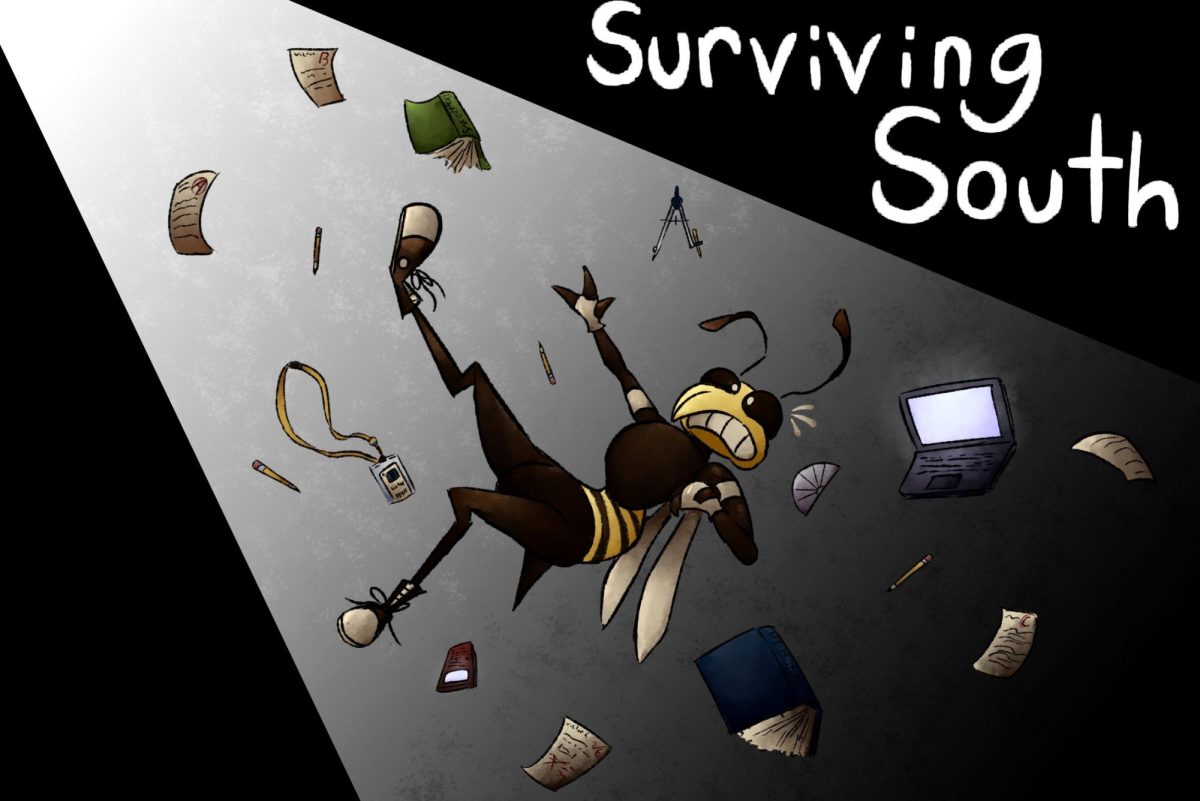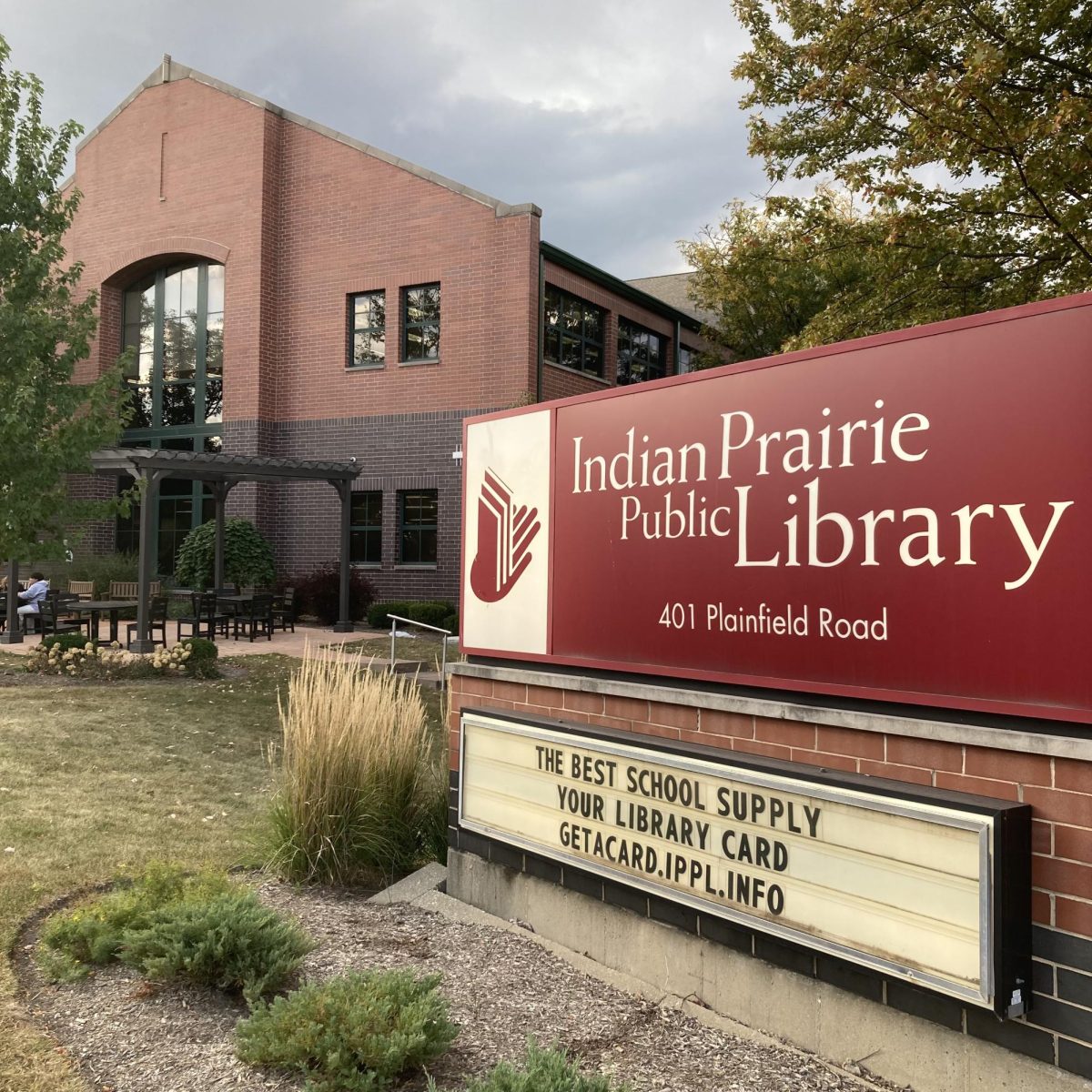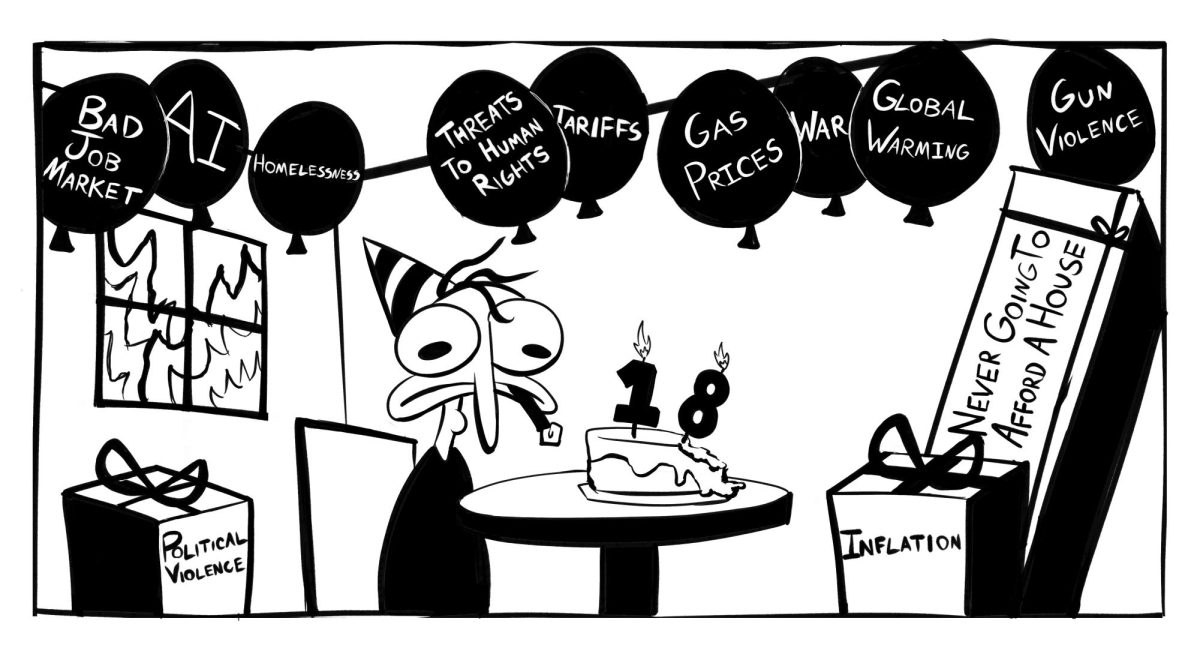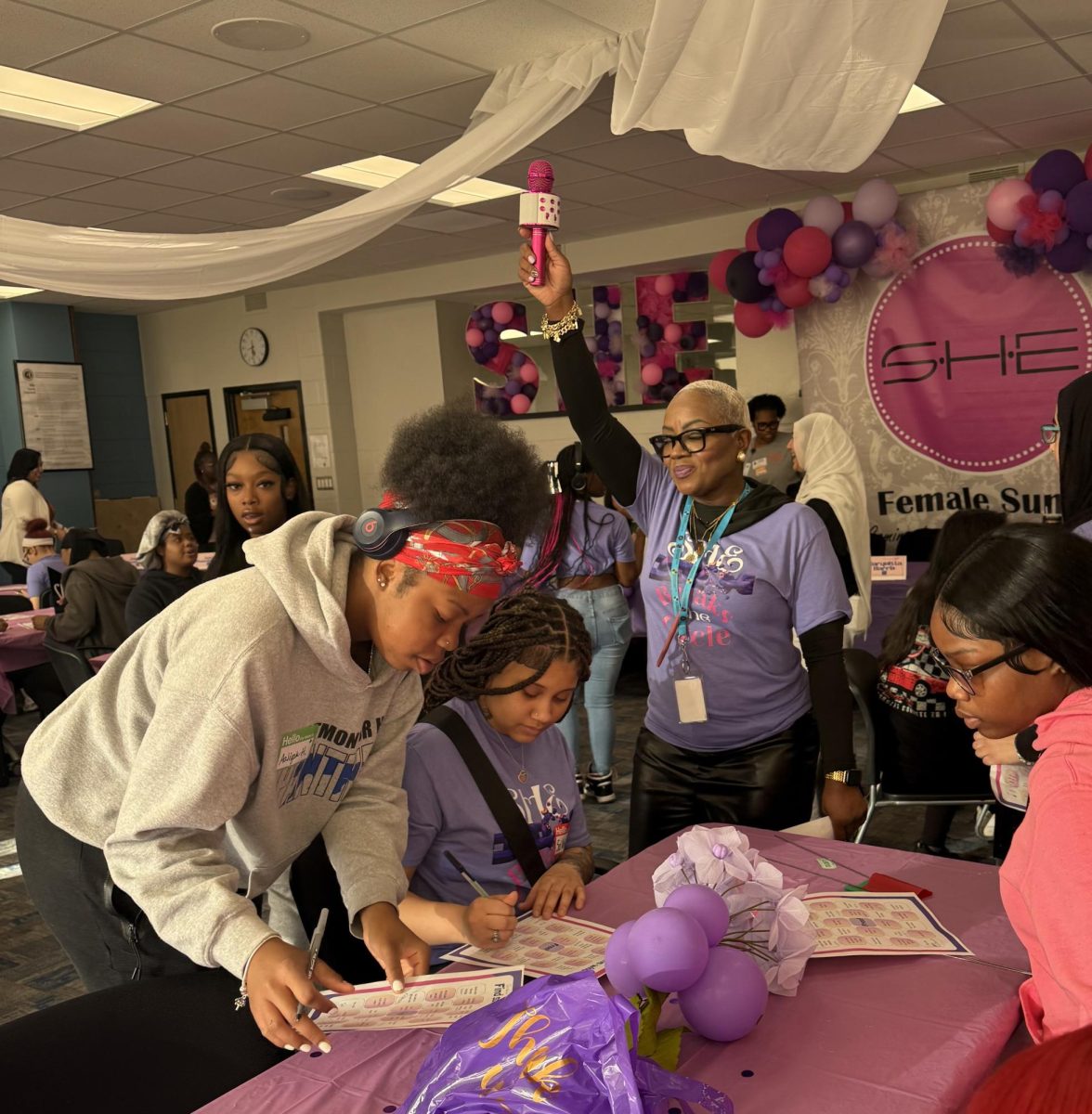Amid the Israel-Hamas War, a humanitarian crisis plagues the Gaza Strip and an immediate push in the direction of aid is necessary. Families are left with terror over whether they’ll encounter an airstrike or an aid package, if their family name will live on or be buried beneath the rubble.
According to data from the U.N., a quarter of Gaza’s 2.2 million Palestinian population faces starvation. With the crumbling of the strip’s agricultural and commercial systems, those in Gaza now solely rely on humanitarian aid for survival.
As of now, aid has been entering south of Egypt by way of the Rafah crossing and Israel’s Kerem Shalom crossing. Unfortunately, convoys have faced a surplus of obstacles in reaching their location. With strict enforcement of restrictions on “dual-purpose” items, processing has been inefficient, and convoys no longer are assured reliable security.
56% of humanitarian efforts were denied by Israeli forces for Northern Gaza, according to UN statistics, one of the restricted resources being fuel. Fuel is becoming ever more scarce as resources are depleted, leaving search and rescue equipment as well as emergency generators inoperable. Those trapped beneath buildings reduced to ruins are left helpless beneath the debris and hospitals are running out of power, endangering the lives of patients.
After Israel’s retaliation to Hamas’ attack on October 7th, those in the Gaza City area fled to Rafah for refuge; approximately 1.4 million people reside there currently. Israeli Prime Minister Benjamin Netanyahu is threatening to invade Rafah if hostages are not returned by Ramadan. An attack on Rafah could decimate what remains of aid operations, so the US has begun to deploy airdrops by way of C-130 cargo planes.
Over the past year, activists have banded together by way of social media in hopes of raising awareness and finding a way to contribute.
Viral posts have inspired grassroots movements to spring up across the world, boycotting Western, consumer brands like McDonald’s and Starbucks in response to private franchise decisions and CEO statements regarding the conflict.
Under public scrutiny, McDonald’s has witnessed a drastic reduction in their sales, reporting its first quarterly sales miss in 4 years earlier this February. However, the standpoints and contributions of various of these companies are currently unclear, especially as they’re prone to fluctuation because of public opinion pressures.
So how does tearing down a fast-food giant save lives? The truth: it’s an effective way to make a statement, but it doesn’t directly save lives unless the losses of the corporation are turned into donations for relief funds.
To aid victims of the war, boycotting should be paired with the financial support of legitimate, humanitarian corporations that are directly providing support to civilians in Gaza, like UNICEF, MSF, and the Red Cross.
Gaza cannot survive on aid alone. A ceasefire is what is needed, but for now, we control what we can.


